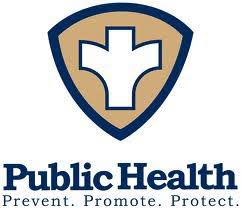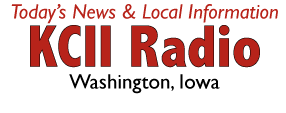
The importance of handwashing hasn’t been emphasized more than during the COVID-19 pandemic, and Handwashing Awareness Week seeks to illustrate the effect handwashing can have in preventing the spread of viruses as well.
According to the Centers for Disease Control and Prevention, keeping hands clean can prevent one in three diarrheal illnesses and one in five respiratory infections, such as a cold or influenza. Washington County Public Health Administrator Danielle Pettit-Majewski encourages the public to wash their hands frequently, with many key times including before, during, and after preparing food, before and after eating food, after using the toilet, after blowing your nose, coughing or sneezing; after touching an animal, animal feed, or animal waste; and after touching garbage.
Pettit-Majewski advises when washing your hands in a public restroom to try to be as hands-free as possible, “Shut off the water with a paper towel and also open the bathroom door with a paper towel, otherwise you’ve just washed your hands and you’ve immediately contaminated them again. So that’s one thing I always encourage, if you can, if you have a bathroom or a public restroom in your office, put the garbage can near the door, that way you can grab the paper towel and then toss it after you’ve touched the handle. Or you have a pull at the bottom of the door so you can open the door with your foot.”
Pettit-Majewski adds that you should wash your hands with soap and water for at least 20 seconds before and after touching your eyes, nose or mouth; touching your mask, entering and leaving a public place, and touching frequently touched items or surfaces. You can hear more from Pettit-Majewski during the second half of a two-part Halcyon House Washington Page on air and at kciiradio.com.

